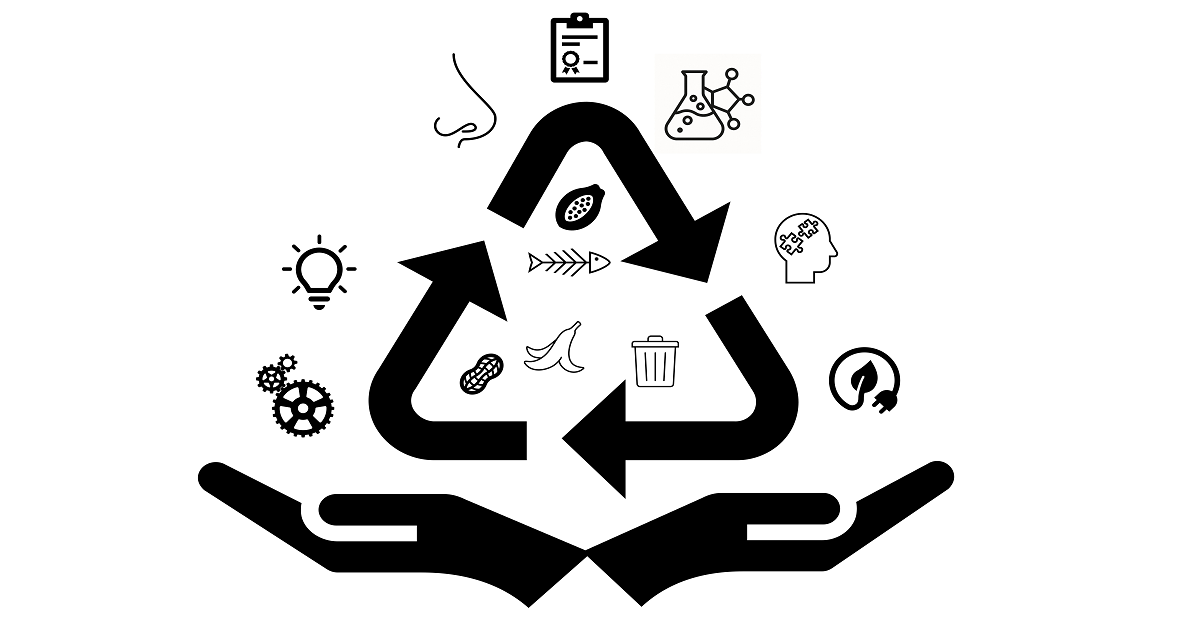Valorization of Agri-Food Waste Biomass
A special issue of Applied Sciences (ISSN 2076-3417). This special issue belongs to the section "Food Science and Technology".
Deadline for manuscript submissions: 20 April 2026 | Viewed by 1115

Special Issue Editors
Interests: upcycled foods; consumers' behavior; sensory analysis; eco-innovation
Special Issues, Collections and Topics in MDPI journals
Interests: bioprocesses applied to food production, product development and process optimization based on biotechnology
Special Issues, Collections and Topics in MDPI journals
Special Issue Information
Dear Colleagues,
The valorization of food residues represents a critical scientific and technological frontier in the context of global efforts to enhance sustainability, reduce food waste, and promote circular economy practices. This Special Issue of Applied Sciences seeks to gather high-impact, innovative research that addresses the transformation of agri-food by-products and processing waste into valuable ingredients, materials, or products through scientifically grounded approaches.
We invite original contributions that advance the understanding and application of food residue valorization in diverse areas, including sensory science, bioactive compound extraction and characterization, novel product development, green processing technologies, and other fields. Manuscripts should demonstrate methodological rigor, innovation, and relevance to real-world challenges in food systems, providing meaningful contributions to the scientific community and offering scalable, sustainable solutions.
Submissions that integrate interdisciplinary approaches and propose novel uses of underutilized raw materials are especially encouraged. The overarching goal is to promote scientific dialog and technological development that support global sustainability agendas, including the United Nations Sustainable Development Goals (SDGs).
This Special Issue aims to be a reference point for cutting-edge research that redefines waste as a resource and strengthens the role of science in building resilient, efficient, and environmentally responsible food systems.
Prof. Dr. Voltaire Sant'Anna
Dr. Lilian Raquel Hickert
Guest Editors
Manuscript Submission Information
Manuscripts should be submitted online at www.mdpi.com by registering and logging in to this website. Once you are registered, click here to go to the submission form. Manuscripts can be submitted until the deadline. All submissions that pass pre-check are peer-reviewed. Accepted papers will be published continuously in the journal (as soon as accepted) and will be listed together on the special issue website. Research articles, review articles as well as short communications are invited. For planned papers, a title and short abstract (about 250 words) can be sent to the Editorial Office for assessment.
Submitted manuscripts should not have been published previously, nor be under consideration for publication elsewhere (except conference proceedings papers). All manuscripts are thoroughly refereed through a single-blind peer-review process. A guide for authors and other relevant information for submission of manuscripts is available on the Instructions for Authors page. Applied Sciences is an international peer-reviewed open access semimonthly journal published by MDPI.
Please visit the Instructions for Authors page before submitting a manuscript. The Article Processing Charge (APC) for publication in this open access journal is 2400 CHF (Swiss Francs). Submitted papers should be well formatted and use good English. Authors may use MDPI's English editing service prior to publication or during author revisions.
Keywords
- upcycled foods
- food residues
- food byproducts
- circular economy
- food waste
Benefits of Publishing in a Special Issue
- Ease of navigation: Grouping papers by topic helps scholars navigate broad scope journals more efficiently.
- Greater discoverability: Special Issues support the reach and impact of scientific research. Articles in Special Issues are more discoverable and cited more frequently.
- Expansion of research network: Special Issues facilitate connections among authors, fostering scientific collaborations.
- External promotion: Articles in Special Issues are often promoted through the journal's social media, increasing their visibility.
- Reprint: MDPI Books provides the opportunity to republish successful Special Issues in book format, both online and in print.
Further information on MDPI's Special Issue policies can be found here.





